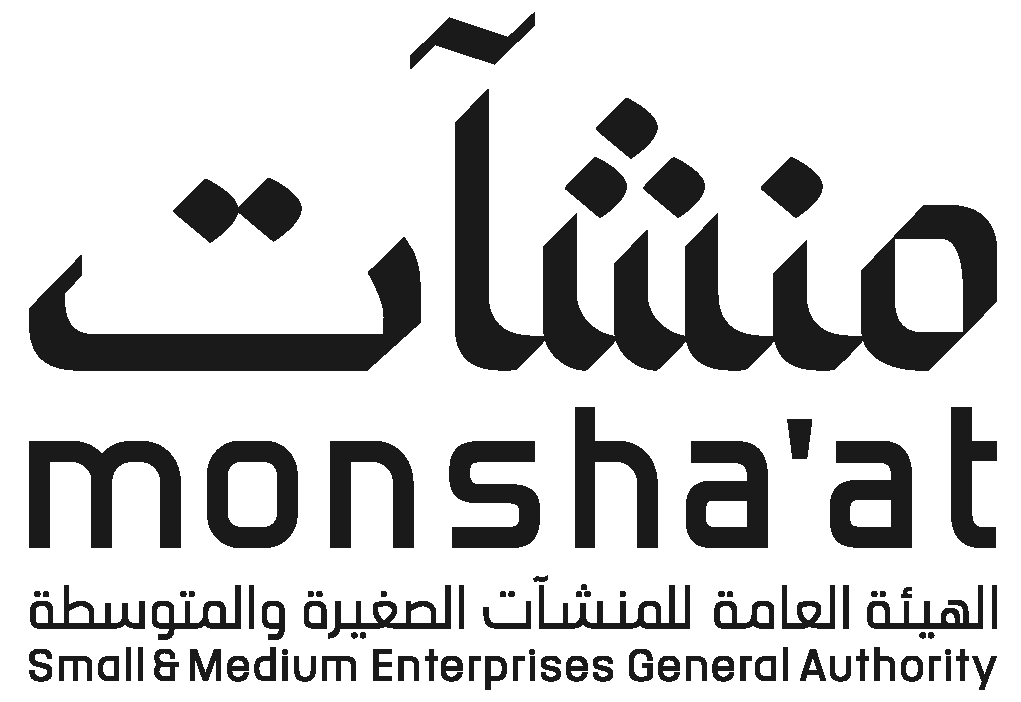The year 2024 has kicked off with a strong start for the startup financing landscape in Saudi Arabia, suggesting the possibility of matching or even surpassing last year’s record of $1.38 billion in funding, the highest in the region. This optimism is fueled by the recent launch of programs and funds totaling $1.5 billion to support these emerging companies.
In the current month of March alone, the value of financing deals for startups in the Kingdom reached approximately $200 million. This includes about $165 million announced at the “LEAP 24” tech conference in Riyadh, according to data monitored by local business observers. The funds were distributed across various sectors, including e-commerce and fintech, as well as delivery solutions and the sports sector, with the e-commerce company “Salla” securing the largest share at $129 million.
These amounts represent a significant increase compared to the funding in the past two months, with January seeing around $11 million and February a slight increase to $16.3 million, according to reports by “Wamda Capital,” which tracks startups and venture capital in the region.
Despite the recent uptick, these funding levels still fall short of those secured by Saudi startups in the first quarter of the previous year, which totaled $359 million, as per a report by “MAGNiTT.” The CEO of MAGNiTT, Philip Bahoshy, mentioned that Saudi Arabia was one of the few countries that saw annual growth in venture capital funding across the Middle East and North Africa during 2023, noting that 64% of last year’s total funding was attributed to four mega-deals, each exceeding $100 million, with leading companies like “Tamara” and “Tabby.”
However, despite ongoing challenges faced globally and regionally in the venture capital market in 2023, the ecosystem for Saudi startups “continues to strengthen,” according to Bahoshy. Achieving the same level of funding as last year, or even exceeding it, will depend on the size of the “Series A” and “Series B+” funding rounds carried out by more advanced startups, typically involving high-net-worth investors.
Saudi Arabia is notably focused on startups as a key element to foster innovation, localize technology, create jobs for youth, and enhance the non-oil GDP, in line with Vision 2030. In response to the continued rise in U.S. interest rates, which affects financing costs, and the global slowdown in venture capital activity, the Kingdom has turned to support programs for the startup ecosystem.
During “LEAP 24,” Saudi Arabia launched a series of programs with total investments nearing $600 million, aimed at financially and commercially supporting technology-focused startups. Additionally, March alone saw the introduction of several funds aiming to back these companies, collectively valued at over $890 million, led by “Investcorp,” which unveiled a new fund to support growth-stage startups with a $500 million investment, and “Gulf Capital,” which plans to inject around $100 million into the Saudi technology and innovation sector.
Mohammed Alomar, Chairman of “Majalis” for Investment, points to an active investment movement within Saudi startups across various sectors. He emphasized the abundance of small and micro-enterprises in the Kingdom and the multitude of “smart opportunities” aligned with Vision 2030. Alomar noted that “Majalis” closes between 4 to 5 funding deals annually for startups, highlighting promising sectors like fintech, which currently has around 200 companies in Saudi Arabia with a target of 500 by 2030. This indicates a significant gap that entrepreneurs and venture capital investors need to bridge in the future.
The recent allocation of funds and support programs for startups, which approach $1.5 billion, coupled with the availability of diverse opportunities in the region’s largest economy and governmental focus on sector development, are poised to give Saudi startups a substantial boost this year. This momentum may enable them to exceed last year’s funding volume of $1.38 billion, which was mostly achieved in the latter months of 2023, with major deals focusing on companies like “Tamara” and “Tabby” for electronic payments, “Nana” for grocery delivery, and “Floward” for digital shopping.







